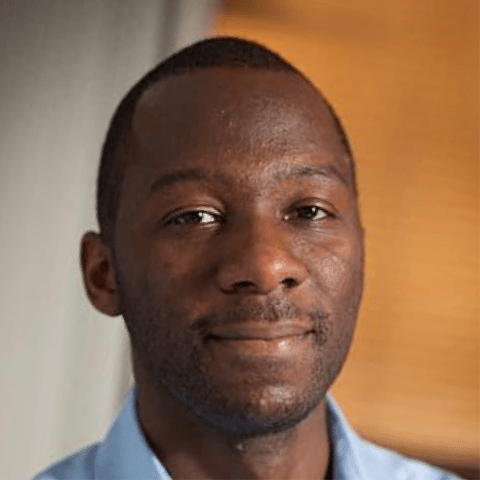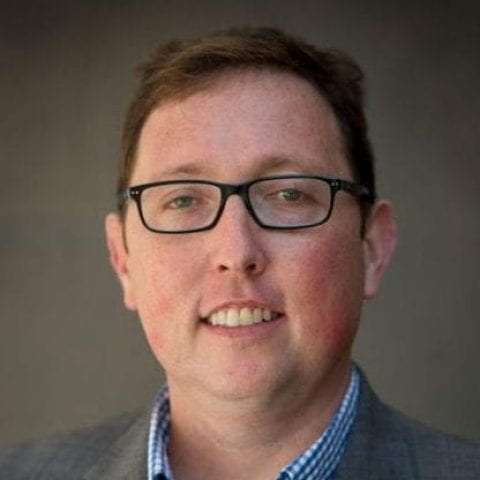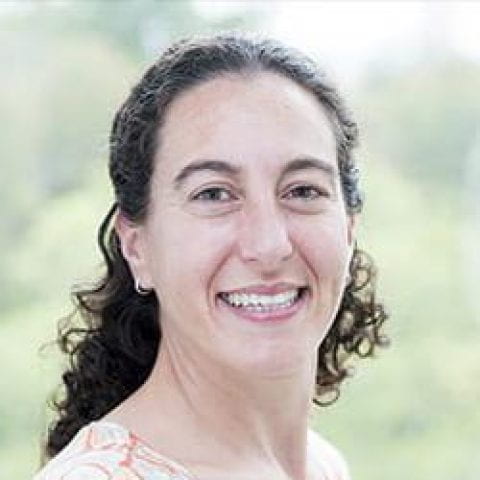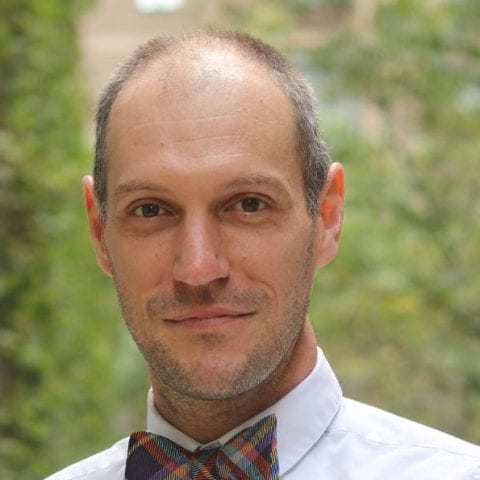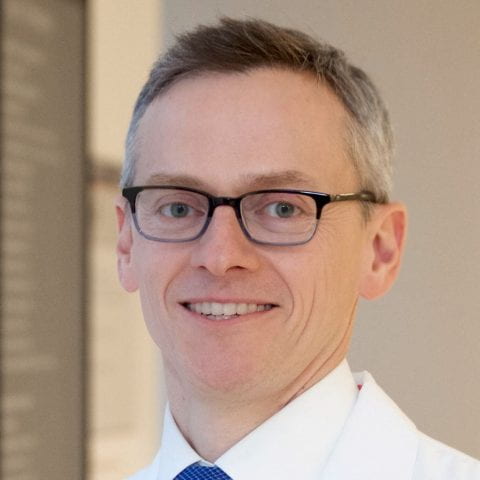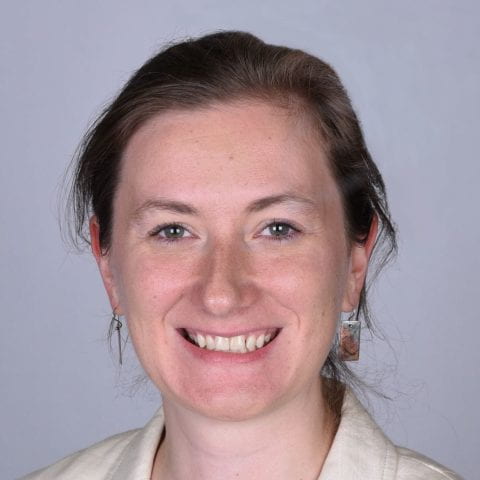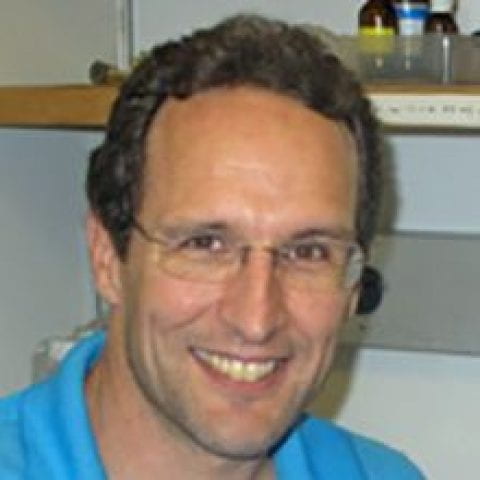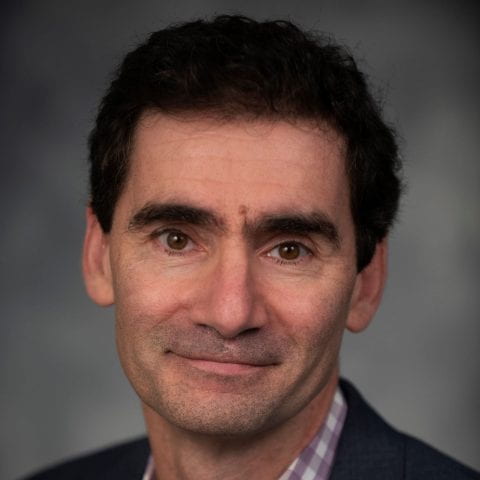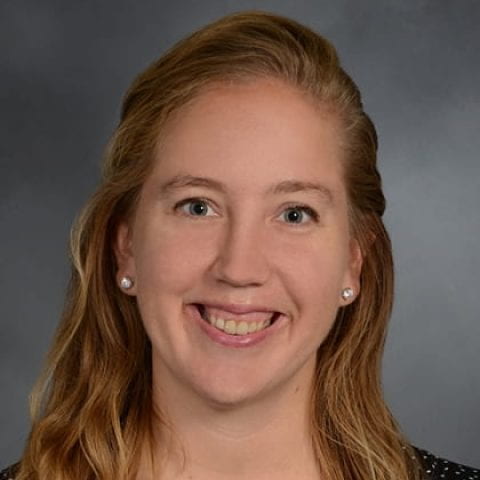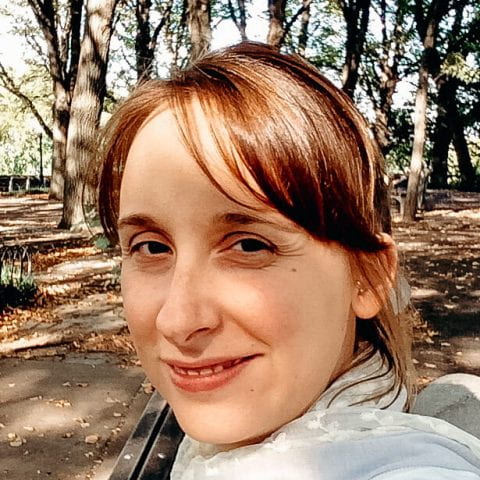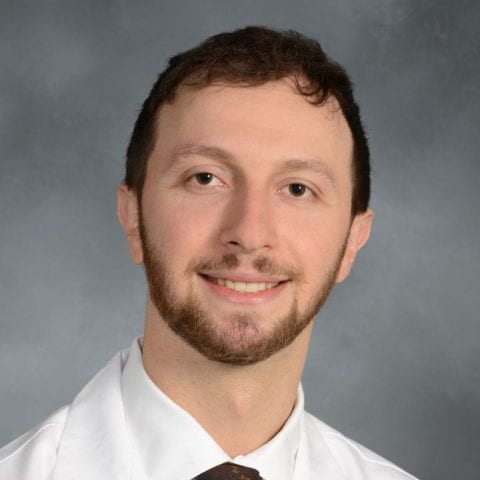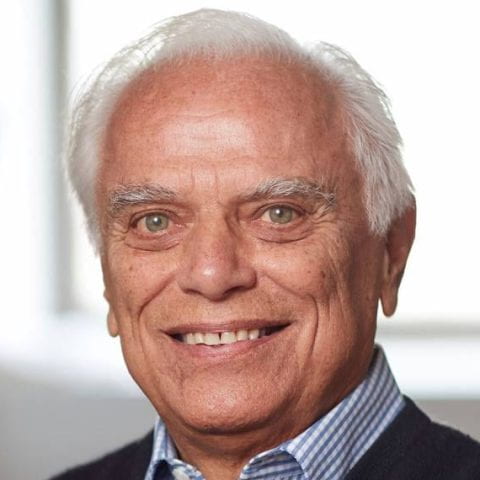Faculty Members
Christopher Alabi began his research career as an undergraduate student under the direction of Professor David Schuster at New York University Upon receiving his BS in Chemistry from New York University and BE in Chemica...
Research in our lab seeks to understand the means by which the bacterial pathogen Salmonella responds to its environment to express traits necessary for survival and virulence One major research focus describes the cues...
Ariel Avgar is a Professor at the ILR School at Cornell University and Senior Associate Dean for Outreach and Sponsored Research His research focuses on two primary areas within employment relations First, he explores th...
Ilana Brito uses systems biology approaches to study the transmission of bacterial and genetic components of the human microbiome As an undergraduate at Harvard University, she double majored in Biology and Government Gi...
Christopher Brown received bachelors of science degrees in Chemistry and Human Physiology from the University of Illinois at Urbana Champaign After a brief stint in industry at Obiter research LLC doing custom chemical s...
Dr David Calfee received a BA in Biology from West Virginia University He also received his medical degree from West Virginia University He then completed a residency in Internal Medicine and a fellowship in Infectio...
My research interests are broadly in the epidemiology of zoonotic diseases, evidence-based medicine, and One-Health Recently, I have been developing methods to improve antimicrobial resistance surveillance and track mult...
Nate completed undergraduate majors in biomedical engineering, biology, biochemistry, microbiology, and molecular biology at the University of Wisconsin-Madison in 2011 He received his masters in 2013 and his PhD in 2017...
Dr Kerik Cox manages a program of tree fruit and berry research and extension at Cornell AgriTech Principal research efforts include practical or field antimicrobial resistance (fungicides and antibiotics), and appli...
My primary research interest is the application of epidemiologic approaches to investigate the ecology and transmission of Salmonella and other foodborne pathogens among a wide variety of hosts, ranging from dairy catt...
Kirk Deitsch is a Professor in the Department of Microbiology and Immunology at Weill Cornell Medicine His work is focused on the malaria parasite Plasmodium falciparum and involves several projects directed toward under...
Matthew DeLisa received his BS in Chemical Engineering from the University of Connecticut in 1996; his PhD in Chemical Engineering from the University of Maryland in 2001; and did postdoctoral work at the University of T...
Interest in bacterial stress pathways, with a special interest in peptidoglycan remodelign in Vibrio cholerae
Dr Dubois is an Assistant Professor in Pediatric Infectious Diseases at Weill Cornell Medicine She trained for medical school at University of Massachusetts, for pediatric residency at Children’s Hospital at Montefiore...
Mycobacterium tuberculosis is responsible for the largest number of deaths worldwide due to a single bacterial infection The increasing number of multi-drug resistant (MDR) and extensively drug resistant (XDR) M tubercul...
The Elemento lab combines Big Data analytics with experimentation to develop entirely new ways to help prevent, diagnose, understand, treat and ultimately cure cancer Our research involves routine use of ultrafast DNA s...
David Erickson is the SC Thomas Sze Director and Sibley College Professor in the Sibley School of Mechanical and Aerospace Engineering at Cornell University He is also a joint Professor within the Division of Nutritional...
Heather Feaga earned her PhD in Biochemistry and Molecular Microbiology from the Pennsylvania State University Her dissertation work focused on mechanisms of ribosome rescue in bacteria and human mitochondria She conduct...
Dr Finkelsztein is originally from Bogota, Colombia, where he obtained his Medical Degree from the Universidad de los Andes While in medical school he became interested in Infectious Diseases by conducting research on Ch...
The Fischetti lab exploits products derived from bacteria-killing viruses (or phages) to develop antibiotic alternatives for treating bacterial infections This strategy identified bacteria-killing enzymes and a new immun...

